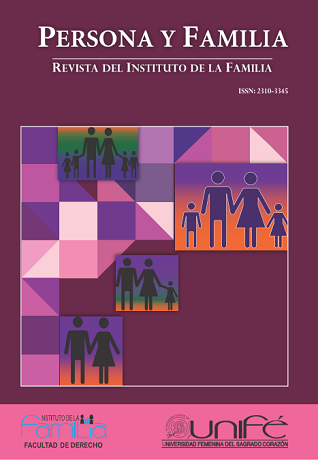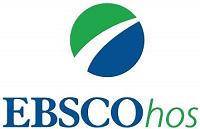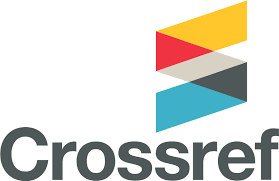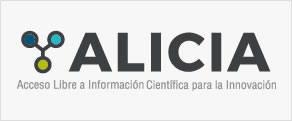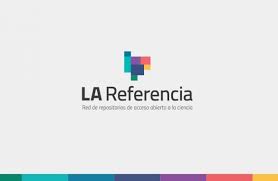The Right of Identity and the National Register of Donors of Gametes and Embryos
DOI:
https://doi.org/10.33539/peryfa.2017.n6.473Keywords:
Assisted Human Reproduction Techniques, bioethics, donor, to identity, right to identityAbstract
Assisted human reproduction (AHR) techniques are a means to treat human infertility and promote procreation; however, in certain cases, it is necessary for
people to donate their gametes (sperm or ovum) to enable the conception of a child of the couple that uses these reproduction techniques. Currently, Peru does not have a single and centralized register of gametes donors or the number of children born through these techniques of reproduction with the genetic material of these donors. It is therefore urgent to determine the need for such a register. This article presents and confronts the need for such a register not only
from the donor’s health point of view, but also, fundamentally, from the violation of the right to identity of those born through these techniques.

